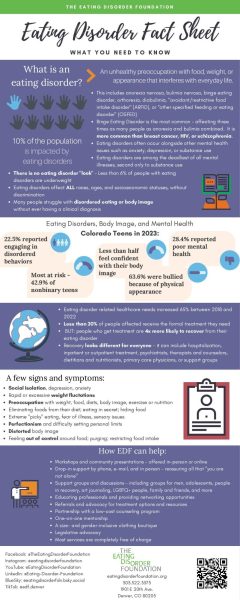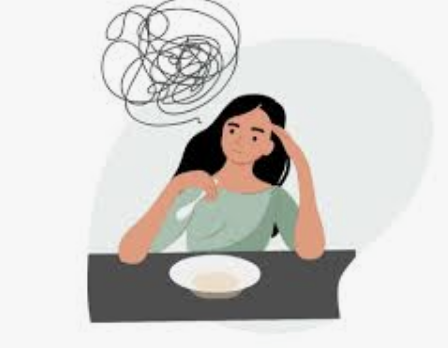
Demi Lovato, Lady Gaga, Kesha, Princess Diana, Amy Winehouse, Taylor Swift, and Elton John—what do these famous people have in common? They have all struggled with eating disorders. This matters because many people struggle with eating disorders that could be fatal. Eating disorders that are recognized or well-known by the public tend to be so because they are the most common, such as binge eating disorder in adults. For example, if you hear that someone has anorexia, you likely understand they try to control their weight by not eating enough or exercising too much. In contrast, someone with rumination disorder will repeatedly regurgitate, re-chew, and either re-swallow or spit out their food, whether it be on purpose or unconsciously. Likewise, pica is a disorder in which people eat substances without nutritional value or non-food items, such as chalk, clay, or paper. Night eating syndrome is another eating disorder that not many people realize is a problem. Night eating syndrome occurs when you eat a lot more after your evening meal or after waking up. This doesn’t seem like an issue, but it is just another form of binge eating.
A common question that gets asked when dealing with an eating disorder is “What signs and symptoms should I be looking for?” That question doesn’t have a definitive answer. Eating disorders present themselves differently in each person. Although, if you feel that someone does have an eating disorder, understand that there are possible signs that you can see. Such as; skipping meals, having a very limited diet, being too focused on food, making their own meal rather than what others eat, withdrawing from social events that they would normally attend, using excessive dietary supplements, laxatives, and herbal products for weight loss, exercising too much, calluses on the knuckles from making themselves vomit, and eating in secret. While some of these seem like normal behavior, if done too much, they could be signs of an eating disorder. Eating disorders also have long-term effects. Many people who have had an eating disorder, where they don’t eat or vomit food tend to have a multivitamin deficiency. Eating disorders also tend to cause heart complications, digestive issues, obesity, and growth and development issues. Mental health can also be affected by eating disorders.

